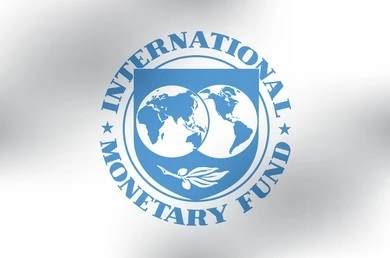The IMF Recommends Increasing Taxes in Panama
Héctor Alexander, Minister of Economy and Finance, said that it will be necessary to analyze the recommendations made by the International Monetary Fund (IMF) to the country, which proposed reducing the fiscal deficit and increasing various taxes. Héctor mentioned that the recommendations are important, interesting and thought-provoking. But the idea of increasing taxes is currently rejected. It suggests reducing the fiscal deficit, increasing income, as well as increasing ITBMS taxes on cigarettes, alcohol, and fuel among other items. ''I feel that raising the ITBMS tax and any other type of tax, whether municipal or national, does not make any sense, especially at this stage when the government is changing. This must be in the management plans of the candidates of the new government who are running and want to lead our country,'' said Edgar Barsallo, president of the National College of Accountants. On the other hand, economist Juan Jované assured that the problem is really with the legal entities and that is where the State should have more presence to ensure that they pay. Some support that rather than increasing taxes, it is necessary to reduce government spending...''What we have to do first is make reductions in State spending, and once the reductions are made, we would have to see if it is still necessary to create some type of tax or not, but that is something that must be studied. "These are decisions that cannot be made lightly," said Moisés Cohen, businessman. Some economists consider that there are sectors that generate more and pay less. ''The service sector, which represents more than a third of the economy, barely contributes 27% to the ITBMS, while the industrial sector, which does not even reach a fifth of the economy, contributes 72.2%. The weight of the economy is in the service and it does not provide what is necessary to guarantee the solvency of the State budget,'' said Reyes Valverde, economist. The International Monetary Fund also points to social security, suggesting increases in the retirement age and an increase in the quota, among other controversial measures.
